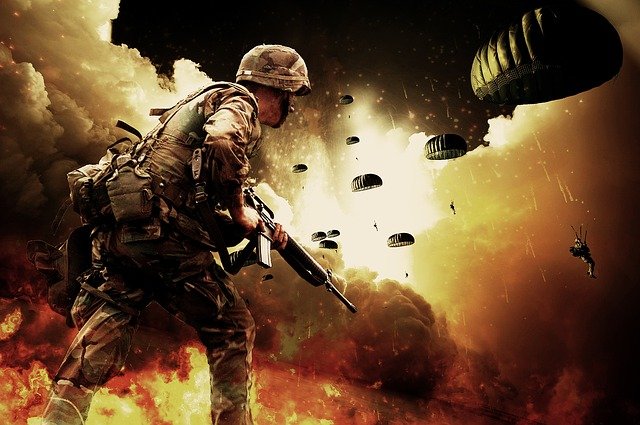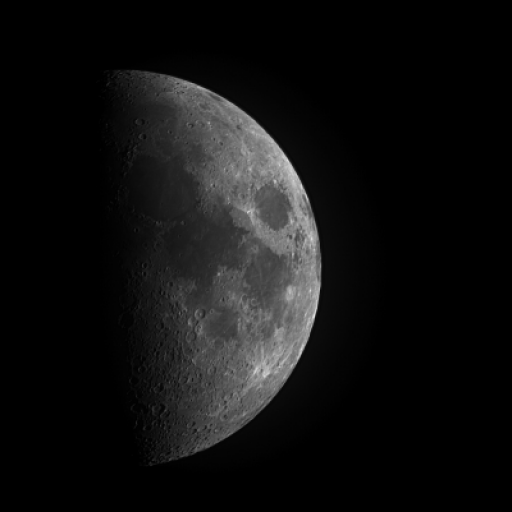Countries are finding themselves in one of two rival teams. World War 3 is being fought across constantly evolving battlefields.
It was in late-2007, I was a young magazine editor invited to a social do at the French Consulate in Mumbai. It was a nice party and I had had one champagne too many. Who else would I be talking to, but the then French Consul General. Having just come off a trip to Paris, I had quite a few things to say to him, mainly on the art, culture and business landscape…but also about geopolitics.
‘France is a great country. But you have gone soft post the colonial era. You rely too much on the US for protection against Russia and terrorism. Where is your own force projection capability?’
The diplomat held his poise and elaborated on French military outposts across former colonies in Africa, the Pacific and the Caribbean. He concluded with this statement. ‘I see that geopolitics is your passionate hobby. I shall remember it.’
For quite a while the Consul General’s words had seemed like empty talk. But in recent years, France has been walking the talk…from supplying Rafale jets to India as well as Qatar to bombing targets in Libya and now arming Greece and Egypt against Turkey. Most recently, it has begun actively participating in a tripartite dialogue with India and Australia to police the Indo-Pacific region against China’s mischief.
The momentum builds
France is no isolated phenomenon. The UK has also begun to bare its teeth at China. It has paused Huawei’s 5G trials. The BBC now regularly hauls up the Chinese over human rights violations.
The most surprising addition to the list is Germany. It has also panned China on human rights and thrown in its lot with an open and democratic Indo-Pacific order. China has promptly banned pork supplies from Germany. In a nutshell, Europe is finally standing up for itself against Russia and China, even as Trump withdraws the US’ blank cheque security cover.
Quite similarly, Trump’s signal to stop spoon-feeding the Middle East’s rulers as well as declining oil prices are prompting them to seek a security alliance with Israel. They also need to counter Chinese moves to form an alliance with arch-enemy Iran.
Australia and Japan have also decided to develop their own military muscle instead of being US dependencies. India has of course been rudely awakened from its slumber by the Chinese and is returning the favour by giving the invaders a bloody nose.
The big picture
So, what is the big picture? The US, India, Japan, Australia, France, Germany, UK, Singapore, Vietnam, Indonesia, Philippines, Taiwan, South Korea, Middle Eastern countries, Brazil (to some extent) can be broadly defined as status quo powers. They are each emerging out of their cocoons, strengthening their core security postures and joining forces with other status quo powers.
On the other side of the fence are the revisionists in China, Pakistan, North Korea, Turkey, Iran, and a fence-sitting Russia. Putin isn’t a revisionist, but he is insecure. He needs China to keep the US at bay, even though he knows that China will be the bigger threat in a couple of decades. But he won’t be around by then.
We can see individual and collective face-offs between status quo and revisionist powers across the globe. The battlegrounds are changing shape.
Oil is being replaced by data; geopolitics by geo-economics; colonialism is now called connectivity; and open warfare has morphed into a proxy mercenary, cyber, and biowarfare. If this isn’t World War 3 in slow motion, I don’t know what else to call it.
If you found this interesting, stay connected here




Recent Comments